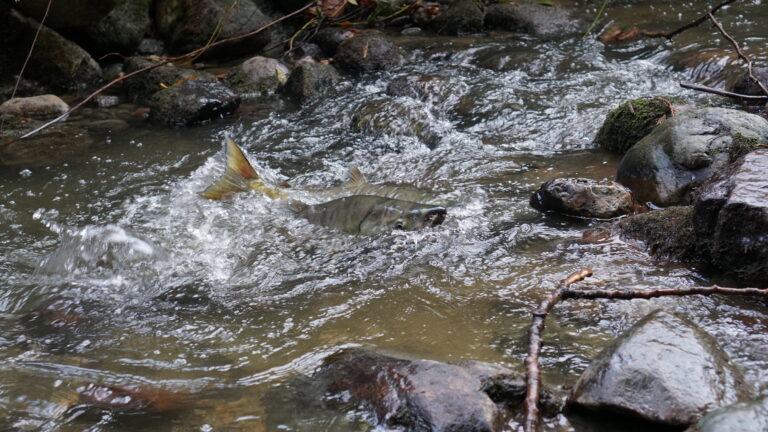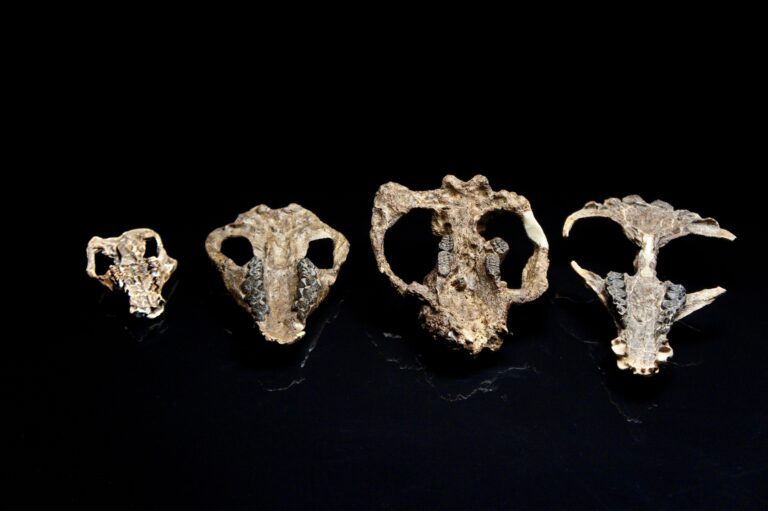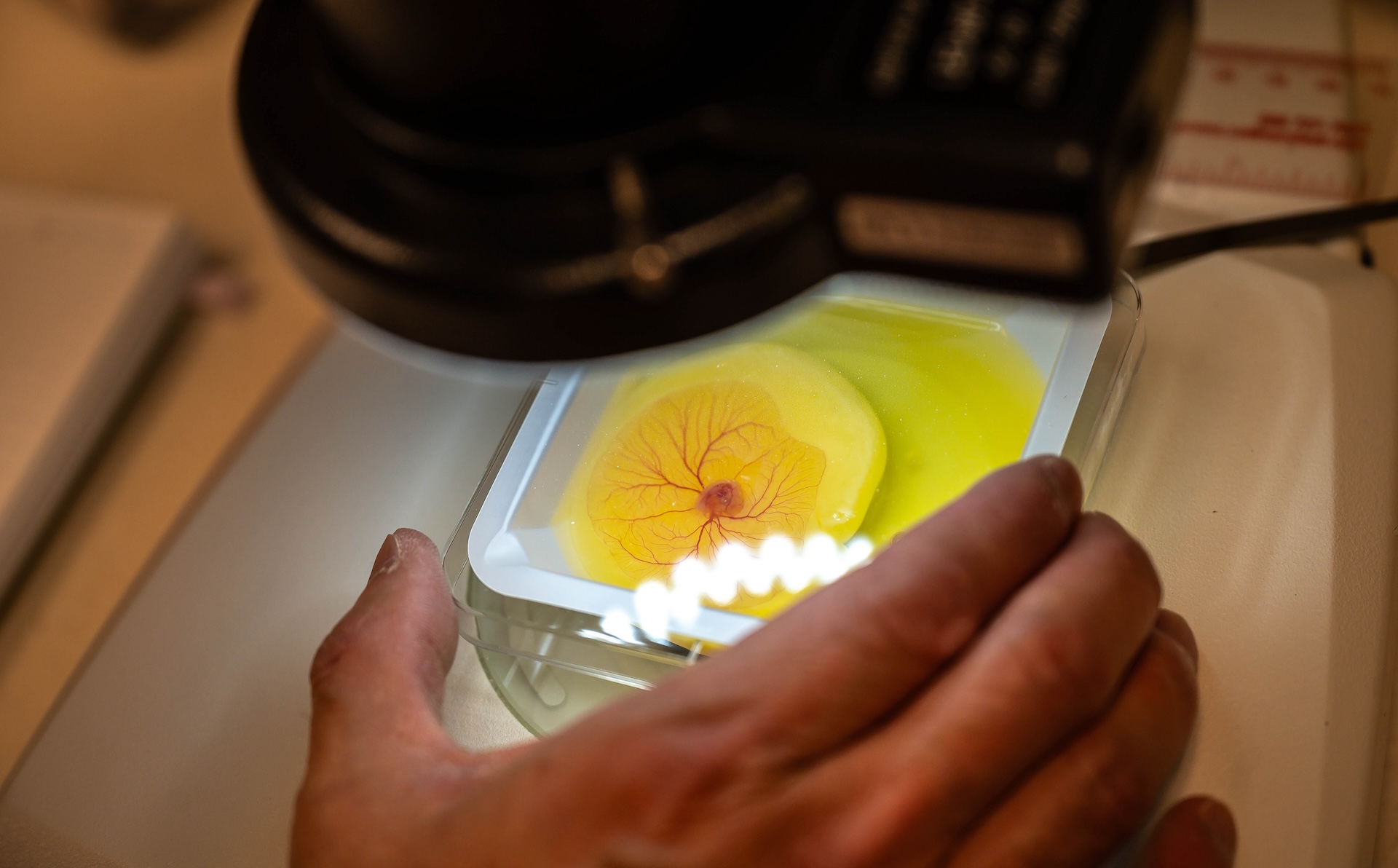-

Fish buffered from recent marine heatwaves, showing there’s still time to act on climate change
Fish were surprisingly resilient to marine heatwaves before 2019, highlighting the need to keep seas from warming further, according to new research
-

Salmon bones confirm sustainable chum fishery for 2,500 years under Tsleil-Waututh Nation
New research confirms that Tsleil-Waututh Nation has consistently and sustainably fished for chum salmon for 1,200 years longer than the archaeological record had previously demonstrated.
-

B.C. split on safety of self-driving cars – gradual introduction needed to build comfort among all road users
New UBC research suggests British Columbians are not quite ready to embrace self-driving cars wholeheartedly – and will need a period of gradual transition before adoption.
-

Here’s how to conquer math anxiety and succeed this semester
So many people struggle with mathematics that there’s a term for the dread you feel when faced with a calculation: math anxiety. But the good news is, math doesn’t have to be scary.
-

Researchers discover common origin behind major childhood allergies
Several major childhood allergies may all stem from the community of bacteria living in our gut, according to a new study led by researchers at the University of British Columbia and BC Children’s Hospital.
-

Supporting older adults displaced by wildfires
Many older adults have been evacuated from long term care homes during the wildfires in B.C. and the Northwest Territories. Dr. Roger Wong discuss the impacts—and how to support.
-

People dislike AI art because it threatens their humanity: study
The study is the first of its kind to link people’s aversion to AI art with speciesism and anthropocentrism, and their view that digital works threaten “the last fortress of human supremacy arguments, artistic creation.”
-

You’re reading this because an asteroid killed the dinosaurs, allowing mammals to dominate the Earth. But why?
But just how did we evolve from rat-like creatures running between the feet of dinosaurs to take over their ecological niches? Dr. Kendra Chritz, assistant professor in the UBC department of earth, ocean and atmospheric sciences, aims to find out.





